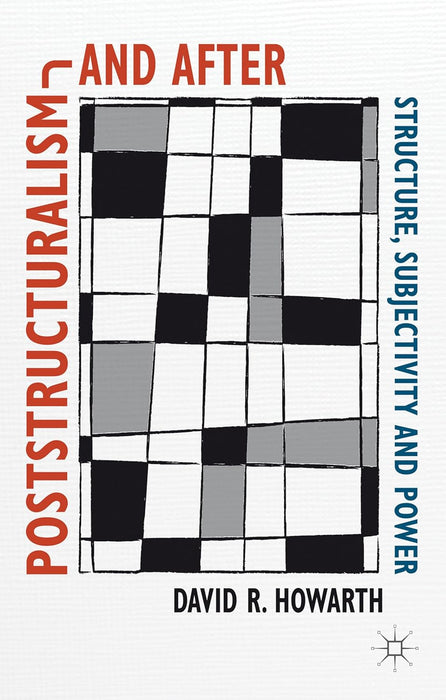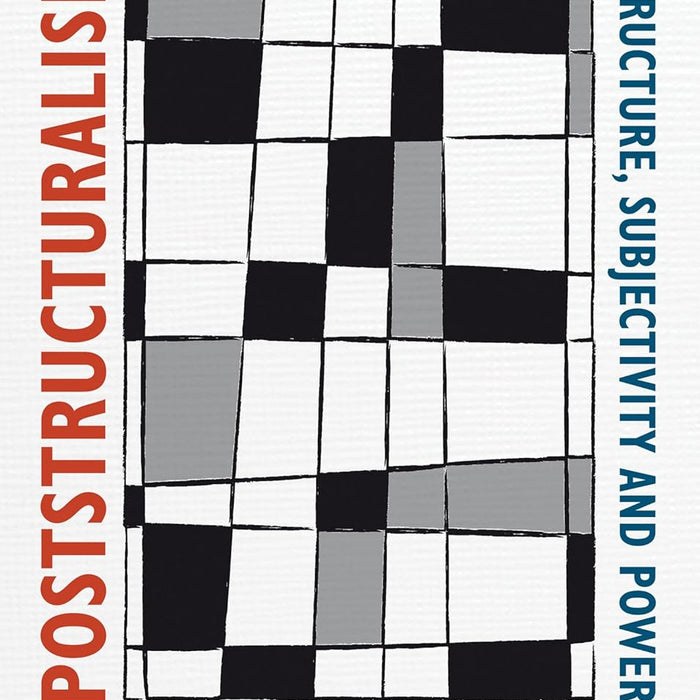Poststructuralism and After by David R Howarth (Author)
- Publisher: PHILOSOPHY
- Availability: In Stock
- SKU: 47487 R1 0328
- Number of Pages: 345
Rs.890.00
Rs.1,195.00
Tags: 20th century philosophy , academic theory books , best books , Best Price , Best Selling Books , continental philosophy , critical political theory , David R Howarth , Derrida theory , discourse theory , epistemology and language , Foucault philosophy , French philosophy , identity theory , Lacan psychoanalysis , Laclau and Mouffe , language and power , Online Bookshop , philosophical movements , philosophy and power , political discourse analysis , political subjectivity , post-Marxism , Poststructuralism and After , poststructuralism in social sciences , poststructuralism simplified , poststructuralism theory , poststructuralist critique , poststructuralist interpretation , poststructuralist thinkers , power and discourse , power relations , power structures , social constructivism , structuralism vs poststructuralism , structure and subjectivity , subjectivity in philosophy , theory of knowledge , theory of subjectivity
📘 Title Name: Poststructuralism and After: Structure, Subjectivity and Power
✍️ Author: David R Howarth
📦 Quality: Black White Pakistan Print
🔹 Introduction:
This book explores the major themes and debates of poststructuralism, tracing its evolution and influence across philosophy, political theory, and social sciences. David R. Howarth provides a clear and critical account of the thinkers and concepts that shaped this transformative intellectual movement.
🔑 Key Points:
-
Analyzes key figures like Foucault, Derrida, Lacan, and Laclau.
-
Explores the relationship between language, subjectivity, and power.
-
Examines how poststructuralism responds to structuralist theories.
-
Highlights the implications of poststructuralist thought for political analysis.
-
Offers a bridge between poststructuralism and contemporary critical theory.
🔚 Conclusion:
"Poststructuralism and After" serves as an essential guide for students and scholars navigating the complex terrain of poststructuralist theory. Howarth’s work stands out for its clarity, critical engagement, and relevance to understanding power and identity in modern thought.

























